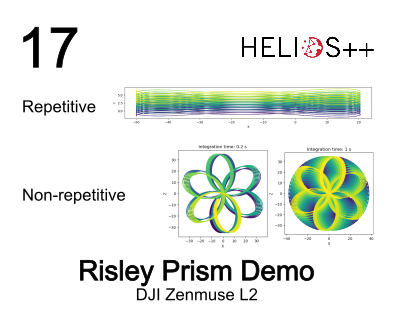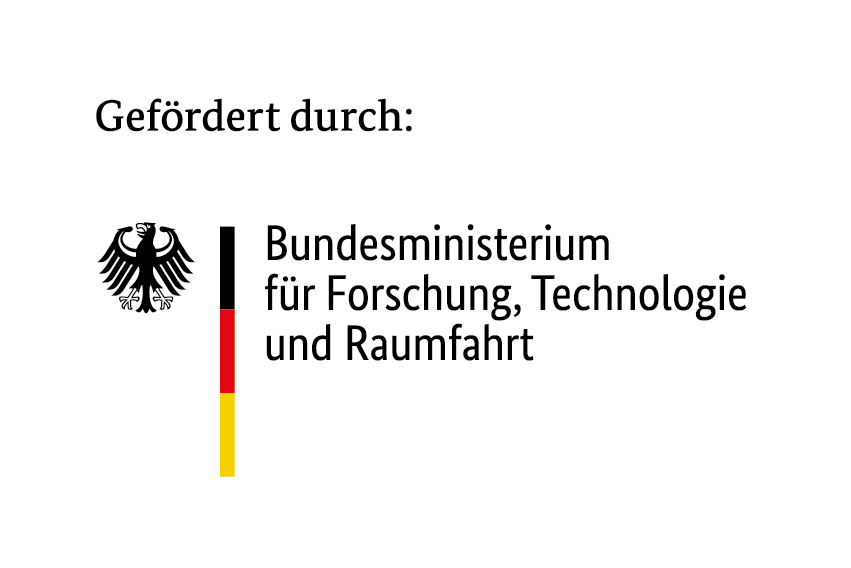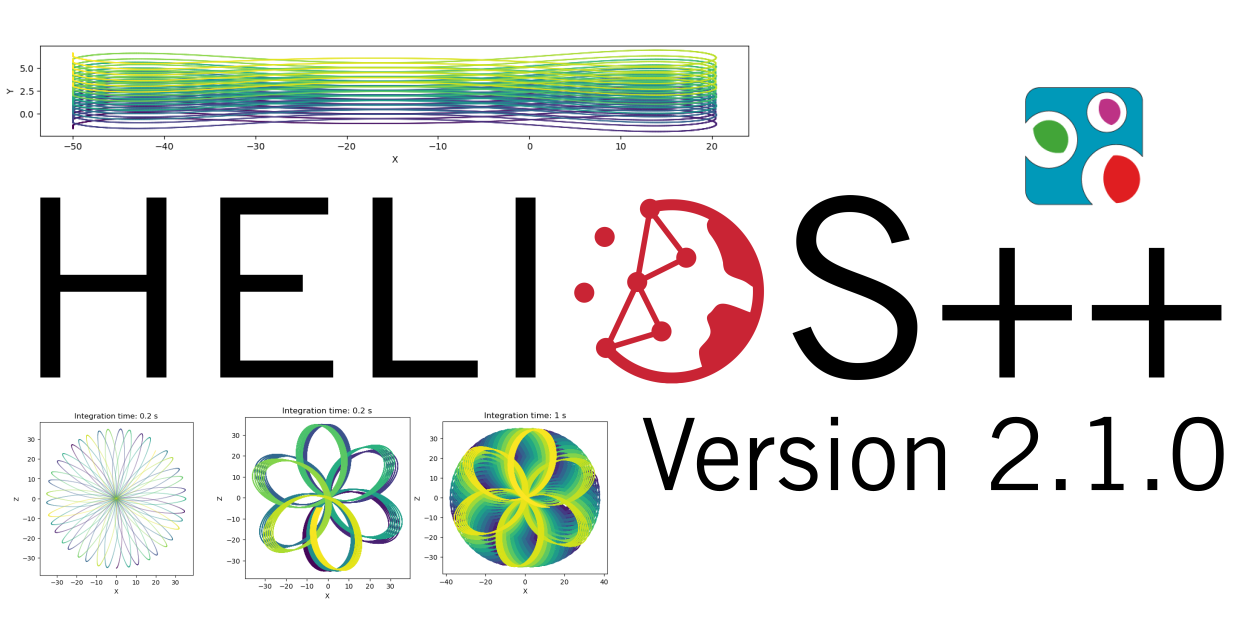We are happy to release a new minor version of HELIOS++: https://github.com/3dgeo-heidelberg/helios/releases
What’s new in this release?
We present a fully revised implementation of the Risley beam deflector that supports up to three prisms. What does this mean? You can now simulate scanners such as the DJI Zenmuse 2 and the Livox Mid Series in HELIOS++! 🥳
Check out our demo notebooks to get started:
- Zenmuse L2: https://nbviewer.org/github/3dgeo-heidelberg/helios/blob/main/example_notebooks/17-dji-zenmuse-l2_demo.ipynb
- Livox Mid-70: https://nbviewer.org/github/3dgeo-heidelberg/helios/blob/main/example_notebooks/9-tls_livox_demo.ipynb

Installation
The recommended way to install HELIOS++ is via the conda or mamba package managers. We recommend mamba or micromamba. After creating a dedicated Python environment for your HELIOS++ project and activating it, run:
mamba install helios
or
conda install -c conda-forge heliosIf you already have HELIOS++ installed, make sure to update your HELIOS version:
mamba update heliosAbout HELIOS++
HELIOS++ is an open source software project with a modern implementation in C++ and Python. It is mainly developed and maintained by the 3DGeo Research Group and the Scientific Software Center (SSC) at Heidelberg University. HELIOS++ is available on conda-forge and the code is hosted on GitHub. We invite interested researchers and developers to contribute to further development of this project by submitting pull requests. We also host an extensive wiki, where the complete functionality of HELIOS++ is documented.
If you use HELIOS++ in your work, please cite:
- Winiwarter, L., Esmorís Pena, A., Weiser, H., Anders, K., Martínez Sanchez, J., Searle, M., Höfle, B. (2022): Virtual laser scanning with HELIOS++: A novel take on ray tracing-based simulation of topographic full-waveform 3D laser scanning. Remote Sensing of Environment. Vol. 269.
HELIOS++ is funded by the German Research Foundation (DFG) as part of the VirtuaLearn3D project (project number: 496418931) and the Sustainable HELIOS++ project (project number: 528521476) and by the Federal Ministry of Education and Research (BMBF) as part of the AIMon5.0 project (funding code: 02WDG1696).





